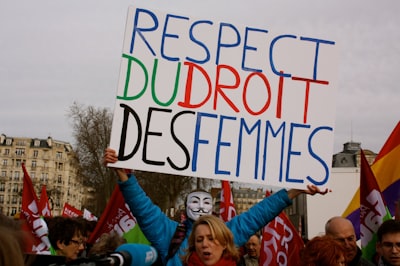Overview
On June 2024, a significant political event made headlines in France: François Hollande, former President and prominent figure within the Socialist Party, announced that he would support a motion of censure against the government led by François Bayrou. Notably, Hollande stipulated he would only vote for the motion as long as the far-right Rassemblement National (RN) did not align with it, as reported by BFMTV.
The Political Context
The announcement comes amid heated debates over the government’s pension reform policies. Retirement (retraites) remains a deeply controversial subject in France, with recent reforms sparking widespread protests and parliamentary tension. François Bayrou, who was recently tapped to form a new government amidst President Macron’s efforts to consolidate a coalition, faces mounting opposition.
Key Political Figures:
| Name | Role |
|---|---|
| François Hollande | Former President, Socialist Party |
| François Bayrou | Prime Minister |
| Marine Le Pen | Leader, Rassemblement National (RN) |
The Motion of Censure: An Instrument of Accountability
A motion of censure is a powerful parliamentary tool in the French Fifth Republic, capable of toppling a sitting government if it garners enough votes. Opposition parties deploy this instrument in moments of acute policy discord or executive overreach.
Hollande’s public support for the motion holds both symbolic and tactical significance for the opposition. However, his precondition—the exclusion of the RN—signals both a desire to avoid empowering the far right, and an attempt to maintain the motion’s credibility among centrists and left-leaning deputies.
Conditions Set by Hollande:
| Condition | Reason |
|---|---|
| RN Not Associated with Motion | Avoid legitimizing far-right influence |
Recent Background: The Retirement Reform Crisis
The present censure debate is closely intertwined with ongoing discontent surrounding the government’s pension reform proposals. Critics say recent changes threaten hard-won social protections, prompting labor strikes and mass mobilizations across the country.
| Year | Event | Public Reaction |
|---|---|---|
| 2023 | Passage of pension reform via Article 49.3 | Protests, no-confidence vote |
| 2024 | Attempted coalition under Bayrou, new reforms | Renewed labor unrest |
Hollande’s Past and Present Influence
Hollande, whose presidency (2012-2017) saw his own challenges with pension reform, brings considerable gravitas to the opposition front. His opposition to working with RN is consistent with mainstream parties’ strategy of erecting a "republican barrier" to exclude the far right from government participation.
Broader Implications
Hollande’s stance may set the tone for how center-left parties engage in parliamentary opposition going forward, especially as France’s multiparty system grows increasingly fragmented. The outcome of the motion could shape the course of further pension reform and broader policy debates.
Conclusion
François Hollande’s announcement underscores the fragile alliances and high-stakes maneuvering shaping France’s future. As parliamentary forces weigh their next moves, the fate of both the Bayrou government and France’s pension system hang in the balance.

Comments
No comments yet. Be the first to comment!